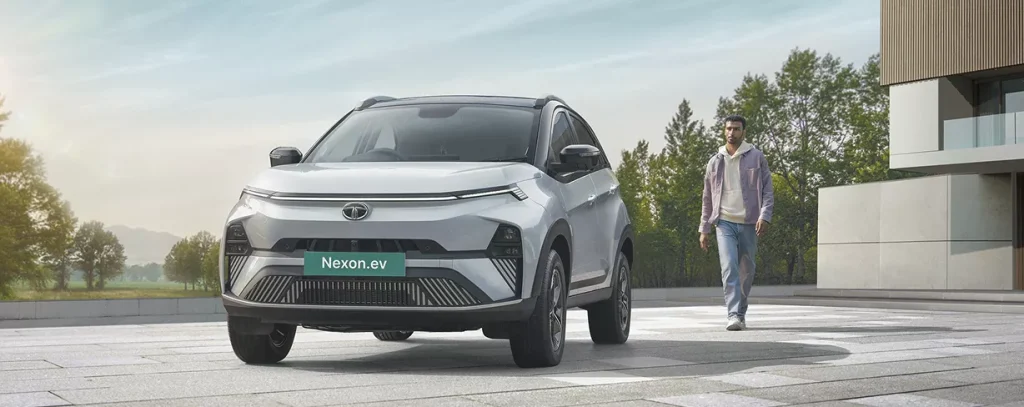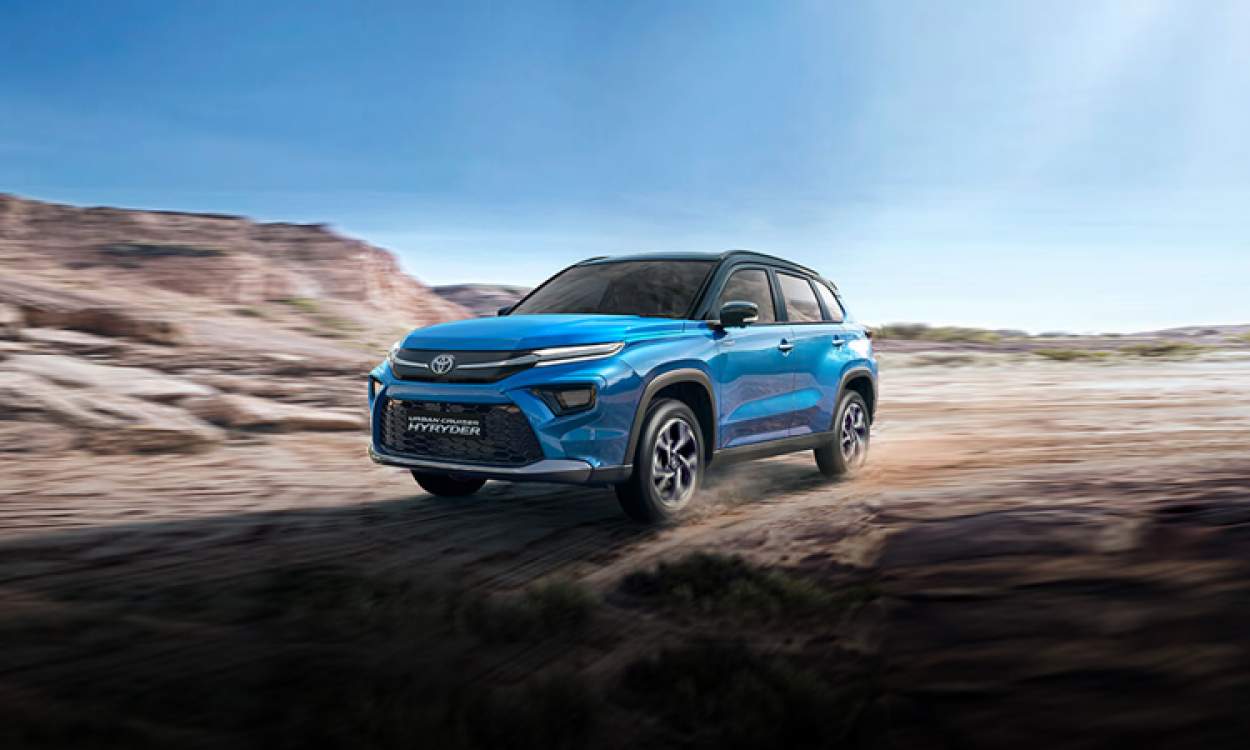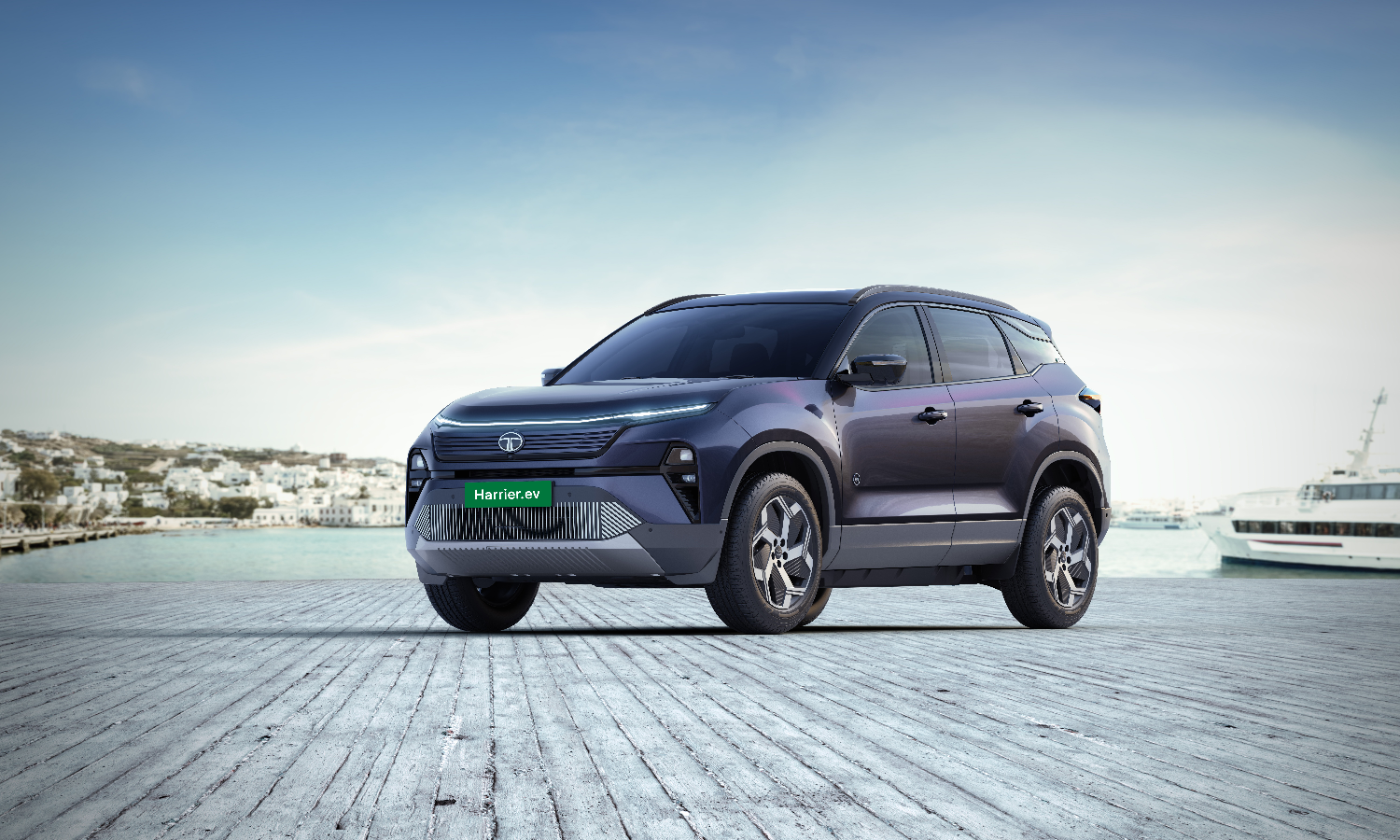When was the last time you pulled up at a fuel station and winced at the price of petrol? Or worried about the ever-rising pollution levels in your city? It’s no surprise then that more Indians are now asking the all-important question: “Electric car vs hybrid car — which one should I buy?”
It’s a decision that goes beyond horsepower or tech features. It’s about lifestyle, long-term costs, environmental impact, and future-proofing your choice.
At Forides Automobile, we’ve helped countless customers navigate this exciting yet confusing decision. Let’s walk through it together, so by the end of this article, you’ll feel more confident about picking the right eco-friendly car for your family.
Understanding the Basics: Electric Car vs Hybrid Car
What is a Hybrid Car?
A hybrid car combines a conventional petrol (or diesel) engine with an electric motor. Depending on the type, it can switch between engine power, electric power, or use both simultaneously.
In India, the popular types are:
- Mild Hybrid: Assists the engine for better mileage but cannot run on electric power alone (like Maruti Suzuki Smart Hybrid).
- Strong Hybrid: Can run short distances purely on electric (like Toyota Urban Cruiser Hyryder, Honda City e:HEV).
- Plug-in Hybrid (PHEV): Can be charged via a socket, runs longer on electric mode before switching to fuel.
This means fewer trips to the fuel pump, lower emissions, and a driving experience that feels futuristic without full dependence on charging infrastructure.
What is an Electric Car?
An electric car (EV) runs entirely on a rechargeable battery. No petrol, no diesel — just plug in, charge, and drive.
Top-selling electric cars in India like the Tata Nexon EV, MG ZS EV, and Hyundai Kona Electric offer smooth, silent rides and zero tailpipe emissions.
But they do need planning around charging, and while infrastructure is improving across India (especially in metro cities like Delhi, Gurgaon, Mumbai, Bangalore), it still requires a shift in habits.
Electric Car vs Hybrid Car: Comparing the Costs
Upfront Price: Hybrid Cars Usually Win
Generally, hybrid cars are priced slightly higher than their pure petrol cousins but are still cheaper than most EVs.
- Toyota Urban Cruiser Hyryder Hybrid: starts around ₹16 lakh.
- Honda City e:HEV Hybrid: around ₹19 lakh.
Meanwhile, electric cars typically start at a higher bracket:
- Tata Nexon EV: from ₹15 lakh.
- MG ZS EV: from ₹24 lakh.
- Hyundai Kona Electric: around ₹24 lakh.
So if you’re comparing on initial purchase alone, hybrids make the transition more affordable.
Running Costs: EVs Save Big Long-Term
This is where EVs shine.
- Running cost for EV: ₹1 – ₹1.5/km (charging at home).
- Running cost for petrol/hybrid: ₹5 – ₹8/km.
So over 1 lakh km:
- EV could cost ~₹1 lakh in energy.
- Petrol/Hybrid may cost ₹5 lakh or more.
That’s a huge saving, enough to nearly pay for a new car’s next down payment.
Maintenance: Who Needs the Garage Less?
- Electric cars have fewer moving parts. No engine oil, no filters, no clutch, no gearbox. Just brakes, tires & suspension.
- Hybrid cars still have an engine that needs regular servicing along with the electric components.
So overall, an EV could save you 30-40% in maintenance costs compared to hybrids.
Range & Refueling: Freedom vs Planning
Hybrid Cars: Freedom to Go Anywhere
This is where hybrids score over EVs. If your trips often involve unplanned outstation drives, a hybrid car is as convenient as your old petrol car. Just fill up at any fuel station and drive 700-1000 km on a full tank plus battery support.
No need to hunt for chargers in remote Himachal or Rajasthan highways.
Electric Cars: City Champions, Highway Care Needed
Most affordable EVs in India have ranges of:
- Tata Nexon EV: ~312 km
- MG ZS EV: ~419 km
- Hyundai Kona: ~452 km
This is more than enough for daily city commutes. But long highway trips need planning — locating fast chargers or staying overnight to recharge.
If your driving is 90% city-based, the convenience of charging at home every night is unbeatable. Imagine waking up to a full “tank” every morning, skipping fuel stations entirely!
Charging vs Fueling: The Real Day-to-Day Impact
Charging an EV in Delhi NCR
Delhi NCR is ahead in charging stations. You’ll find over 300+ public chargers, plus growing fast-charging hubs at malls, offices, and even coffee shops.
But typical home charging takes 6-10 hours. A fast charger can top up your car 80% in 1-2 hours, great if you’re grabbing lunch at a mall.
Hybrid Cars: Business as Usual
No lifestyle change needed. Stop at any pump, pay, fill, go. But keep in mind, with rising fuel prices, those pump visits hurt the pocket far more than EV charging.
Government Incentives: FAME II, Lower Taxes & More
EVs Get Bigger Benefits
- FAME II subsidy: Up to ₹1.5 lakh off on the ex-showroom price.
- Lower road tax (some states waive it completely for EVs).
- Interest rebates on green auto loans.
Hybrids Still Waiting
Currently, hybrid cars do not get major direct subsidies under FAME II. But their indirect benefits come from better mileage and meeting Bharat Stage 6 emission norms, keeping you compliant with future regulations.
Environment: The Feel-Good Factor
Zero Emission Driving: EV Wins
EVs produce zero tailpipe emissions, helping cities like Delhi breathe easier. Over a car’s lifetime, even accounting for the coal used to produce electricity, EVs generally pollute less than petrol/hybrid cars.
Hybrid: Better Than Old Petrol, But Not Zero
A hybrid’s clever tech cuts emissions by 30-40%, especially in city stop-go traffic. Still, it’s not a full clean slate like EVs.
Lifestyle Check: The Personal Decision
Choosing between an electric car vs hybrid car often boils down to your personal routine. Here’s a quick guide:
| If this sounds like you… | Choose |
|---|---|
| Mostly drive under 80 km daily, have home/office parking with power socket | Electric Car |
| Frequently drive long distances or to remote areas | Hybrid Car |
| Want lowest running cost & maintenance | Electric Car |
| Still hesitant about charging infra, prefer traditional driving | Hybrid Car |
| Care most about zero emissions & clean city air | Electric Car |
| Want green benefits without fully changing habits | Hybrid Car |
Real Stories: How Our Customers Decide
Priya from Gurgaon
“I work in Cyber City and drive about 30 km daily. Charging overnight is easy, and I save ₹7,000 a month on fuel. EV was a no-brainer.”
Arjun from Jaipur
“We drive to Delhi every second weekend, plus trips to Himachal. I love the hybrid — 22 kmpl average, no tension of charging.”
FAQs About Electric Car vs Hybrid Car
How long do EV batteries last?
8-10 years is typical, with warranties. Costs are falling fast — by the time you need a replacement, it’ll be far cheaper.
Are hybrids more complex to maintain?
Not really. The systems are robust, and regenerative braking even saves your brake pads.
What about resale value?
Currently hybrids hold resale slightly better. But with battery leasing & EV acceptance rising, the gap is closing.
Why Choose Forides Automobile for Your Next Green Car?
At Forides Automobile, we don’t just sell cars. We help you make decisions that fit your lifestyle. Whether it’s:
- 🚗 Test drives of hybrid & electric options
- 🧮 Ownership cost analysis & “EV vs Hybrid” calculators
- 📜 Help with FAME II paperwork, green loans, & registration
We’re here to ensure your switch to an eco-friendly car in India is seamless, transparent, and joyful.
Electric Car vs Hybrid Car: The Bottom Line
There’s no universal answer.
👉 If your life is city-centric and you want lowest daily costs + zero emissions, an electric car is unbeatable.
👉 If you’re still on the fence about charging or love long unplanned road trips, a hybrid car might be the wiser first step into greener driving.



